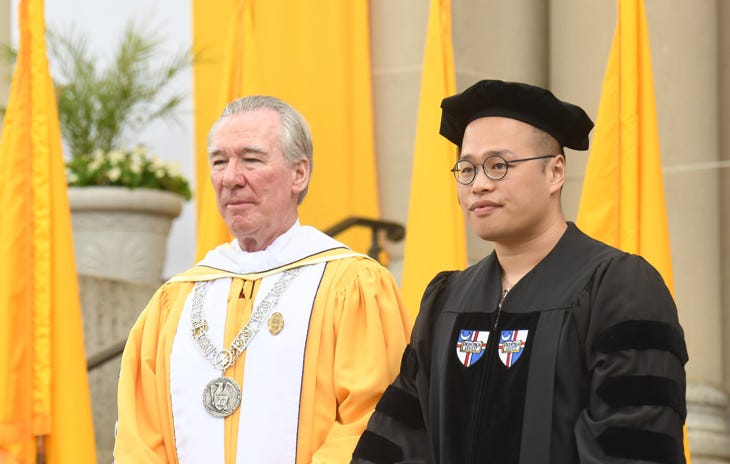Jailed Catholic publisher and pro-democracy activist Jimmy Lai faces a “marathon” cycle of court hearings and prison terms, according to his son Sebastian, who told The Pillar that Hong Kong has changed beyond recognition in recent years, amid a government crackdown on civil liberties.
Substack is the home for great culture

